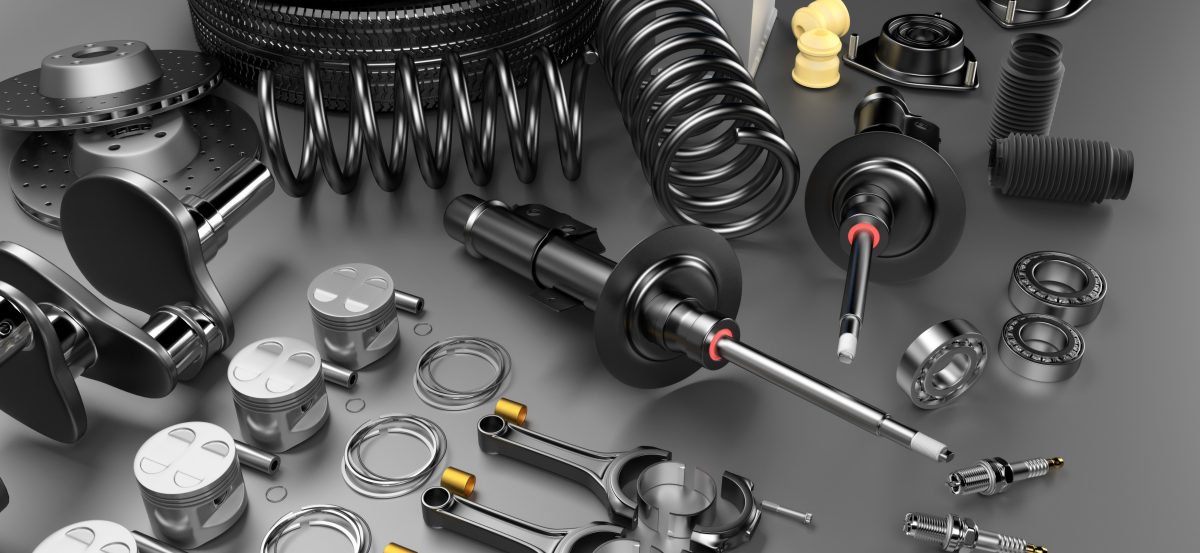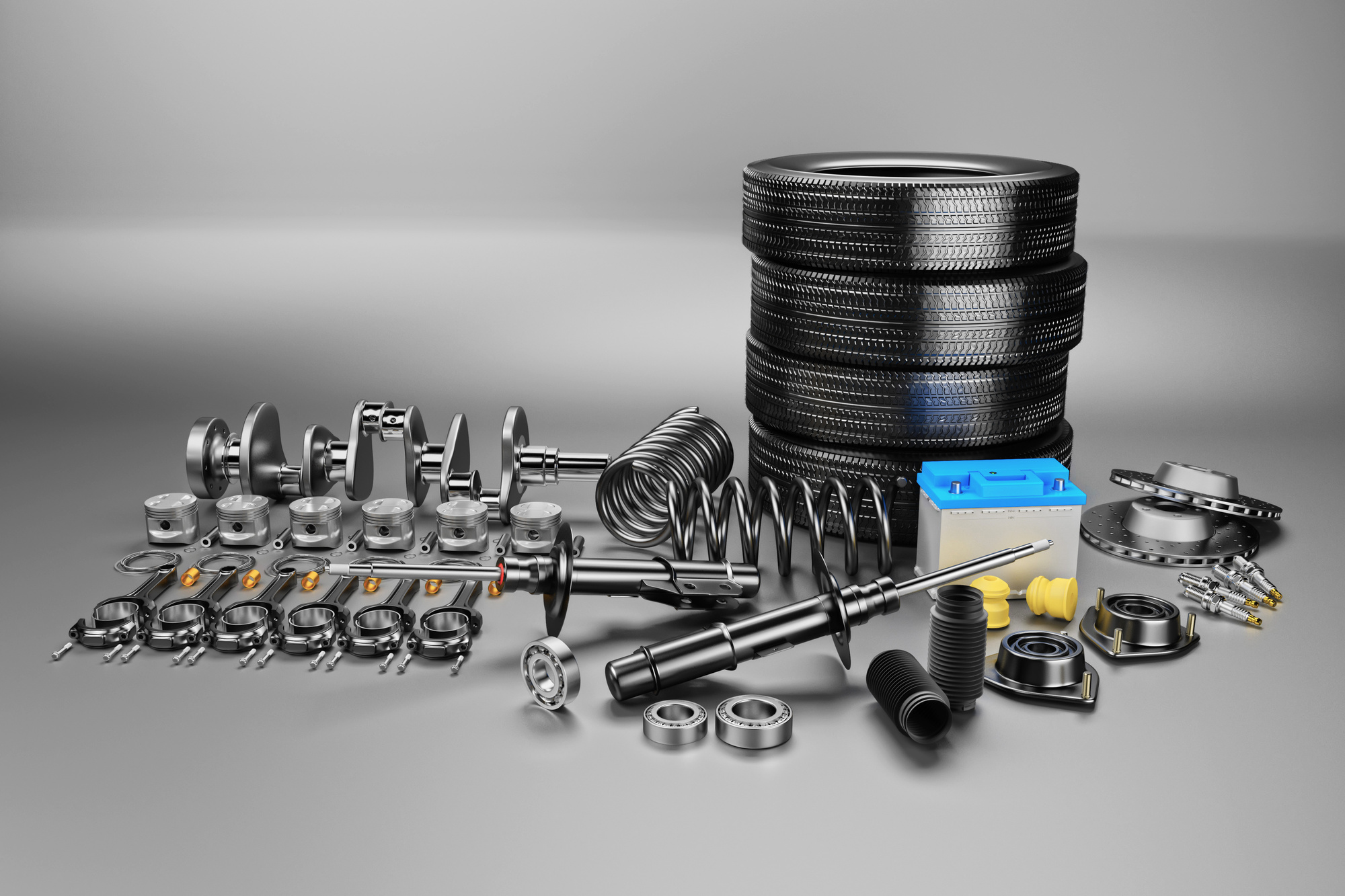Upgrading your car with aftermarket parts can be a great way to customize and enhance its performance if you’re on a budget. However, you should know several important things before attempting this project.
This feature will cover a number of key points to consider when adding aftermarket parts to your vehicle. You must understand the potential risks and rewards of upgrading your car with these components to decide what modifications suit it. Read on to learn more.
Importance Of Vehicle Performance Upgrades
Correct vehicle modifications can add horsepower and improve handling of your vehicle. If you consider your fuel efficiency, car upgrades can lower down your gas consumption. Upgraded brakes, for example, will allow you to stop faster in emergencies or when carrying heavy loads.
Performance upgrades, in addition, reduce maintenance costs by providing increased protection against wear and tear and improved durability for parts such as shocks and struts subject to regular stress from road conditions.
It’s worth noting that some modifications may not be legal depending on where you live. Further, certain modifications could void warranties if they’re found to have caused damage to other components or systems within the vehicle. Keep these in mind.
Considerations Before Getting Vehicle Performance Upgrades
Are you looking to add some aftermarket parts to your car and get a performance boost? You’re not alone. Many people are drawn to upgrading their ride, but several considerations must be considered first. Here’s what you should consider before proceeding with installing any modifications:
- The Importance Of Staying Within Budget
Considering the range of performance upgrades available for your vehicle, it’s time to focus on budget considerations. It’s important to remember that while aftermarket parts can often improve a car’s performance and power, they come with a cost. The price tag may vary greatly depending on the type of part you’re looking for and where you purchase it. For example, if you’re buying an engine upgrade, this could easily cost thousands of dollars.
It’s wise to do research before making any big purchases. You should compare prices between different stores or online retailers and read reviews about product quality. Additionally, many auto repair shops offer discounts for installations and regular upkeep. When multiple parts are purchased simultaneously, take advantage of those offers.
Above all else, ensure not to overspend to avoid financial strain. Try setting a budget beforehand and sticking to it no matter how tempting it is to go over it.
- Understanding The Purpose Of The Upgrade
It’s exhilarating to think about the possibility of upgrading your car. The possibilities are seemingly endless, whether for performance, aesthetic or convenience reasons. Nevertheless, before you rush off and buy any aftermarket parts for your vehicle, there are a few things that need to be taken into consideration:
- Understand what specific purpose the upgrade is intended for;
- Make sure to research different options available to decide which one best suit your needs;
- Ensure that all safety regulations are met with the parts purchased;
- Consider how much time and money you’re willing to invest in the process; and so on.
- Researching The Upgrade And Its Effects
Once you understand the purpose of the upgrade, it’s time to do more research. This is essential for understanding how it may affect your car and its performance.
Start by looking up reviews from other drivers who have installed similar parts in their vehicles – this can help you understand how successful or unsuccessful the upgrade might be.
Additionally, investigate any potential drawbacks that come with adding aftermarket equipment. Are there specific installation instructions or safety precautions required? Could it cause problems if not handled properly? Examine all these questions carefully before making your purchase.

It’s important to consider compatibility when selecting aftermarket parts for your car too. Check the specifications of the part and your vehicle to ensure they match perfectly. Depending on what kind of machine you own, certain upgrades may require additional components or installations before functioning correctly. Be sure to note any necessary modifications so that you’re fully prepared before beginning work on your car.
- Considering The Impact On The Vehicle’s Warranty
One of the most important things to consider when adding aftermarket parts to your car is the impact on its vehicle warranty terms. By installing these additional components, you may void certain coverage from purchasing a new vehicle. In many cases, warranties are limited or disallowed if modifications aren’t made with the manufacturer.
Lastly, it’s sometimes unclear which changes will affect your warranty, so it’s best to research in advance and discuss any concerns with an experienced mechanic or dealer for clarification.
Before making any aftermarket upgrades to your car, it’s important to ensure that you understand what they’re for and how they’ll affect your vehicle. Taking time to research information about the performance of the replacement parts being installed and considering their impact on your budget and warranty can go a long way. Taking these precautions before investing in aftermarket parts can help ensure you get the most out of them later on.


